Mel Gibson is one of a few Hollywood stars who surmounted the cancel culture and made a big comeback into the world of entertainment.
Actor Mel Gibson’s Hollywood journey can be likened to a rough ride through a rocky island. From allegations of domestic abuse to brow-raising run-ins with the law, this entertainment icon has stretched his career to the limits.
Ultimately, his anti-semitic and racially targeted remarks seemed like the height of his reckless escapades, plunging him deep into the list of blacklisted celebrities.
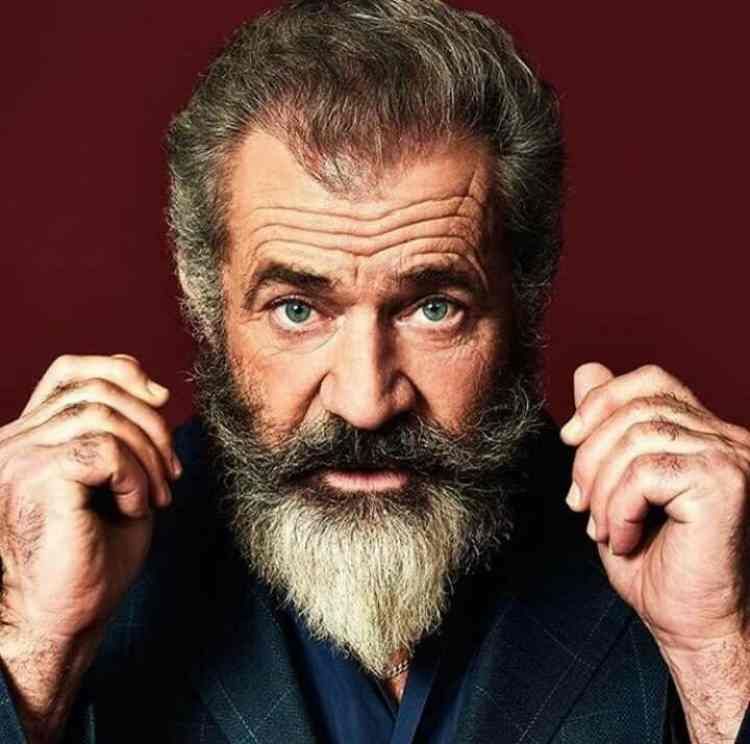
How Gibson’s career remains standing after four decades of shooting daggers remains a mystery. Perhaps his unmatched talent has made him indispensable giving Hollywood no choice but to pardon his excesses.
Or perhaps he remains simply out of sheer luck, given that his big comeback coincided with incessant calls for the relaxation of the cancel culture. Whatever the case may be, the fact remains that Mel Gibson has stayed in the industry longer than most deem appropriate for someone with his dark past.
Mel Gibson’s Career
Born in January 1956, Mel Gibson grew up as the sixth of eleven children in a Roman Catholic family of Irish Descent. The family relocated from New York to Australia at the onset of the Vietnam war.
Following his graduation from High School, the icon enrolled in a drama school in Sydney thanks to his sister’s nudge. Before long, he began performing on stage, debuting with a NIDA production of “Romeo And Juliet.”
The actor joined the Southern Australian Theatre Company soon after his graduation. There Mel Gibson continued his theatre pursuits despite his young age.
Gibson’s Rise To Fame
Mel Gibson soon began landing roles in television, making his debut on the Australian series “The Sullivans.” In 1976, he ventured into mainstream cinema, starring on “Mad Max,” and “Tim.”
Both films attained commercial success, with his performance as Piper Laurie on “Tim,” earning him the Australian Film Institute Award for Best Actor.
Two years later, Gibson starred on “Gallipoli,” also reprising his role in the “Mad Max” sequel, “Mad Max 2: The Road Warrior.”
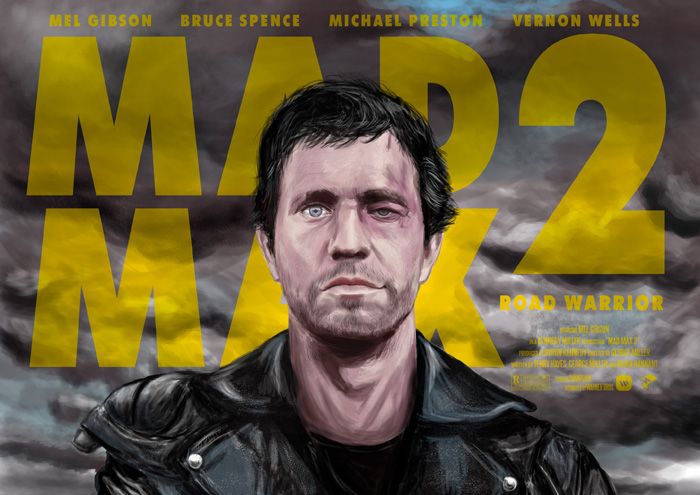
The film’s success skyrocketed Gibson to international stardom. Before long, the icon made his American film debut in the 1984 movie, “The River,” which amassed global success, earning four Oscar nods. He later returned to Australia to film “Mad Max: Beyond Thunderdome.”
The director’s popularity grew in the eighties, so much that he became People’s first-ever Sexiest Man Alive.
Mel Gibson’s Top Movies
After hitting the global spotlights, Mel Gibson snagged major roles in top movies and TV shows including the 1987 blockbuster “Lethal Weapon.” He reprised his role as Martin Riggs in the movie’s three sequels aired between 1989 and 1998.
In the late eighties, the star established his production company, Icon Production, through which he released blockbusters like “Hamlet,” “Immortal Beloved,” and “Anna Karenina.”
As his company excelled, Gibson eventually made his directional debut in 1993’s “The Man Without A Face,” a movie he also starred in. Two years later, the actor released another self-directed feature film, “Braveheart,” which nabbed him numerous awards and nominations.
Mel Gibson’s other top movies include “Payback,” “What Women Want,” “Signs,” “The Passion of the Christ,” “Apocalypto,” “The Expendables,” and “Hacksaw Ridge” among others.
Gibson’s Near-Death Encounter
Mel Gibson once recounted how he nearly ended up crushed to death while filming one of his battle scenes on “Braveheart,” where he played Wallace Williams.
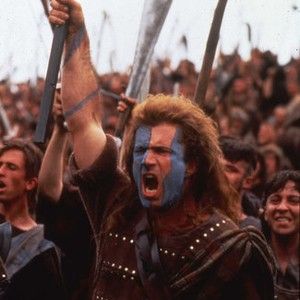
According to the movie director, his horse threw him off while attempting a “rear up” trick. Thankfully, the star’s stunt double pulled him out of the way just in time to prevent the animal from crushing him as it fell backward.
Aside from the accident, filming such hectic and energy-demanding scenes while also directing took a toll on the actor. Although he ended up physically drained after 105 days on the Irish battlegrounds, the efforts were worth it, as the movie grossed over $213 million worldwide.
Plunged In Controversies
In the mid-2000, Gibson’s successful career seemed to begin a backward dive, as several reports of the actor’s misconduct flooded the media. In 2004, critics condemned the icon for indirectly blaming the Jews for Christ’s death in his movie, “The Passion of Christ.”
When asked how he thought the Jewish community would receive the film, he bluntly stated that “it told the truth.” His affront seemed pardonable until 2006 when he was more direct with his discriminating comments as he hurled anti-Semitic slurs at a Jewish cop.
The incident ensued after two cops pulled him over in LA for drunk driving and attempted an arrest. Rather than comply, the 65-year-old questioned one of the officers about his Jewish identity, before adding that the Jews were responsible for all the wars in the world.
His anti-Semitic remarks went viral, sparking global outrage. Peradventure, incidents of his previous discriminative remarks began surfacing, including a 1996 altercation with Winona Ryder and her gay friend Kevin Aucoin. He reportedly directed racial comments at the duo during the altercation.
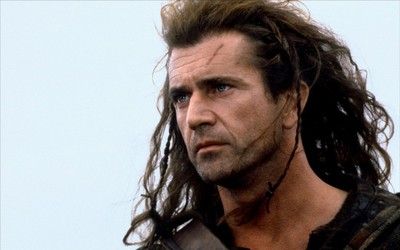
To crown his list of Controversies, Gibson was involved in a domestic violence scandal in 2010. His ex-girlfriend Oksana Grigorieva accused him of physically abusing her.
Blacklisted From Hollywood
As his career plummeted, reports that Gibson was working on a feature film about Judah Maccabees surfaced. Many considered it an attempt to salvage his reputation among the Jews. However, the Jewish community kicked against the idea of having Gibson direct or star in a movie about the Jewish hero given his open antagonism.
Ultimately, Warner Bros pulled the plug on the movie, citing issues with the screenwriter Joe Eszterhas’ script. Calls for the entertainment industry to boycott Gibson became rampant.
In the years that followed, several movie producers dropped Gibson from their movies. Actor Leonardo DiCaprio famously declined to feature in a film Gibson was set to direct at the time.
The prevalence of the cancel culture forced the Hollywood legend to take a break from the spotlight for a few years. Around that time, several celebrities began to kick against the cancel culture, insisting everyone deserves second chances.
Journalist Allison Hope Weiner utilized several platforms and news outlets to appeal for Hollywood to give Gibson another chance to prove he was neither anti-Semitic nor racist.
The Big Comeback
It seems Weiner’s pleas did not fall on deaf ears. In 2016, Gibson returned to the spotlight with his blockbuster movie, “Hacksaw Ridge.”
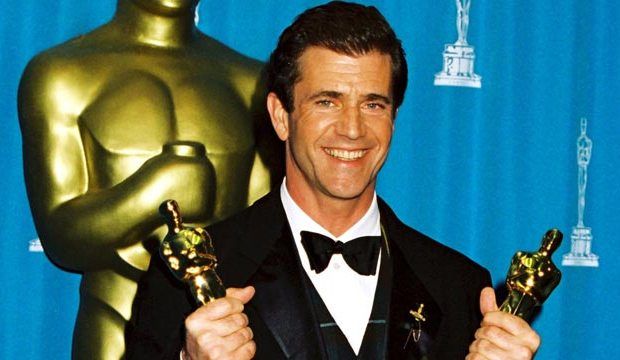
During the movie’s premiere, the actor received a 10-minute standing ovation at the Venice Film Festival. The honorary moment was undoubtedly a symbol of Hollywood’s open-hearted reception, which was his well-deserved warm welcome after surviving so much.
Notably, the World War II movie went on to earn six Academy Award nominations among others. Mel Gibson’s fall from grace now seems long forgotten, as he has directed, produced, and starred in about a dozen films following his big comeback, including 2019s “Rothchild.”
Gibson on Lethal Weapon 5
After years of teasing the release of “Lethal Weapon 5,” the director of the franchise Richard Donner died before making it a reality. His death in July 2021, made it seem like the project had also died off.
However, “The Goonies” star Cory Feldman revealed that there may be plans for Mel Gibson to take over the director’s mantle. According to the actor, several people have urged Gibson to take on the project in Donner’s stead.
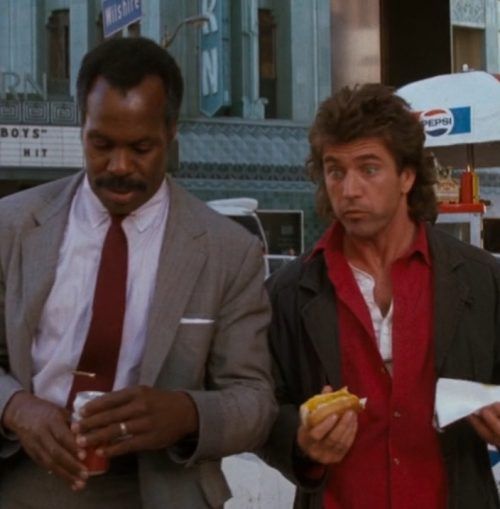
Feldman also supported the idea, deeming Gibson, who played Martin Riggs in the previous productions, as the best man for the job.
As to whether or not the controversial actor planned to take on the mandate of directing the final part of the “Lethal Weapon” franchise, time will tell.

